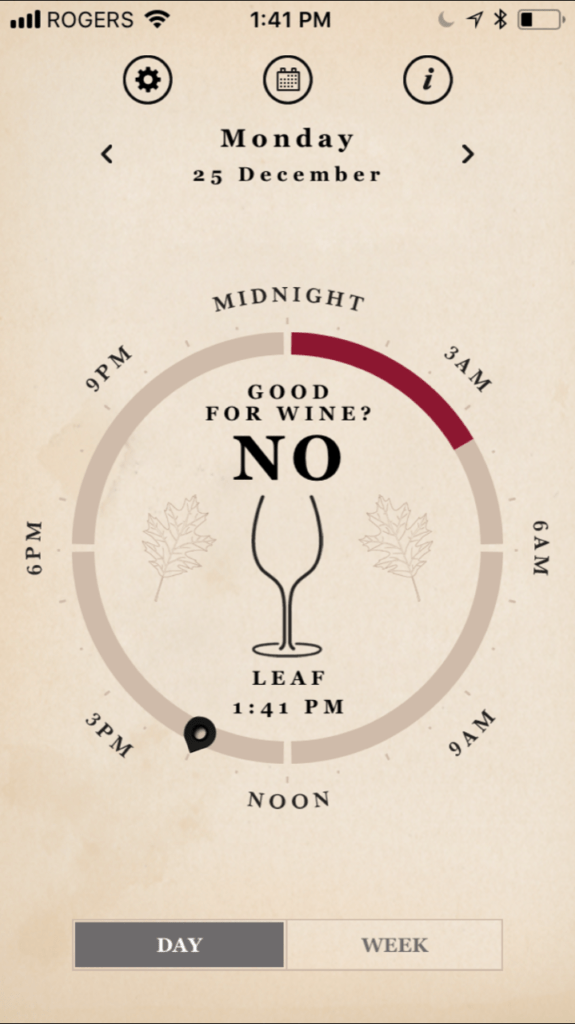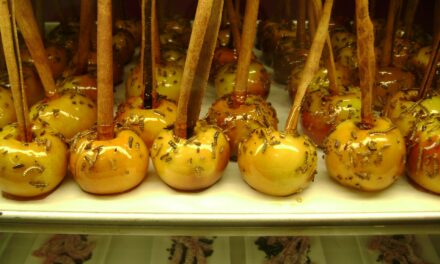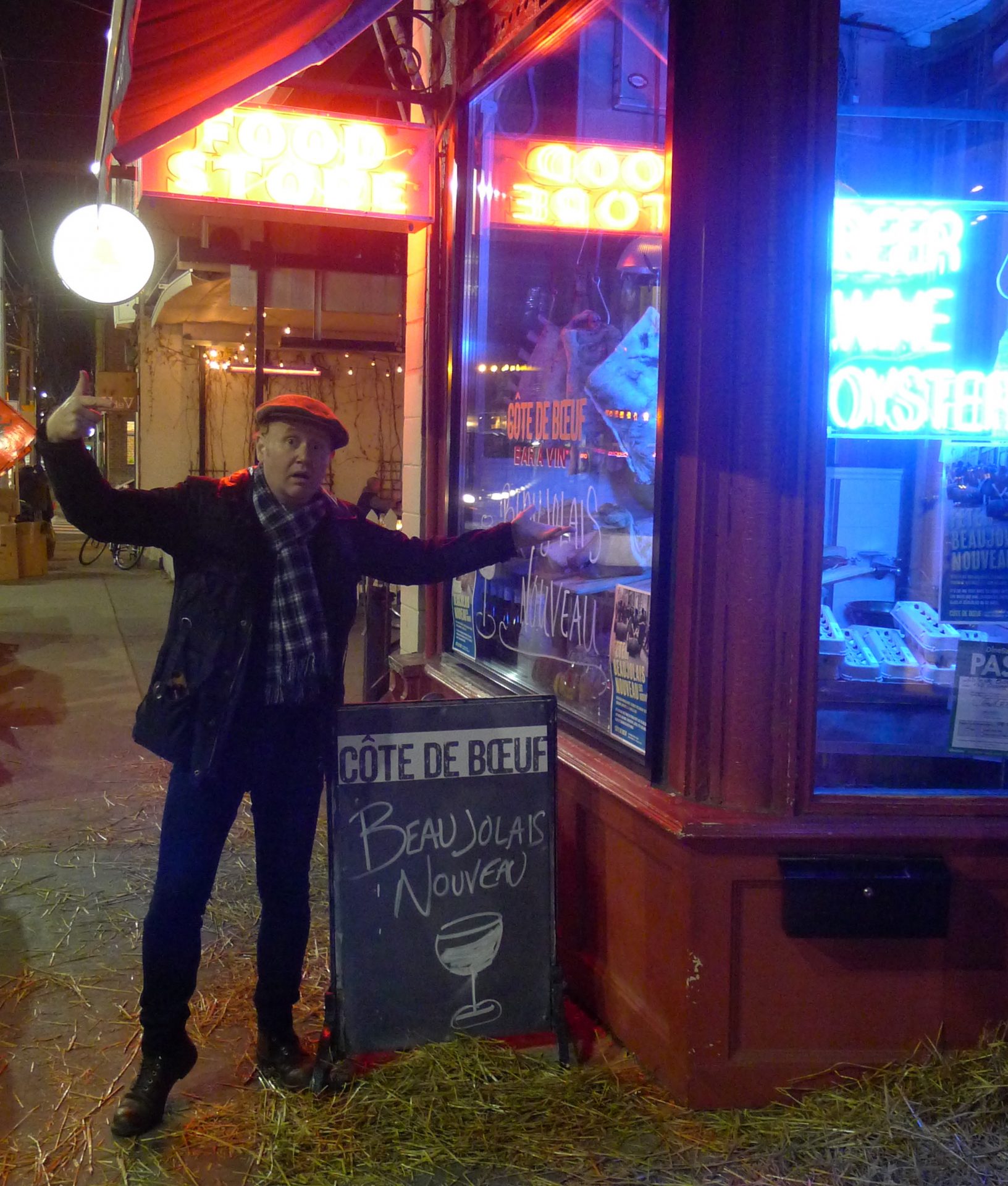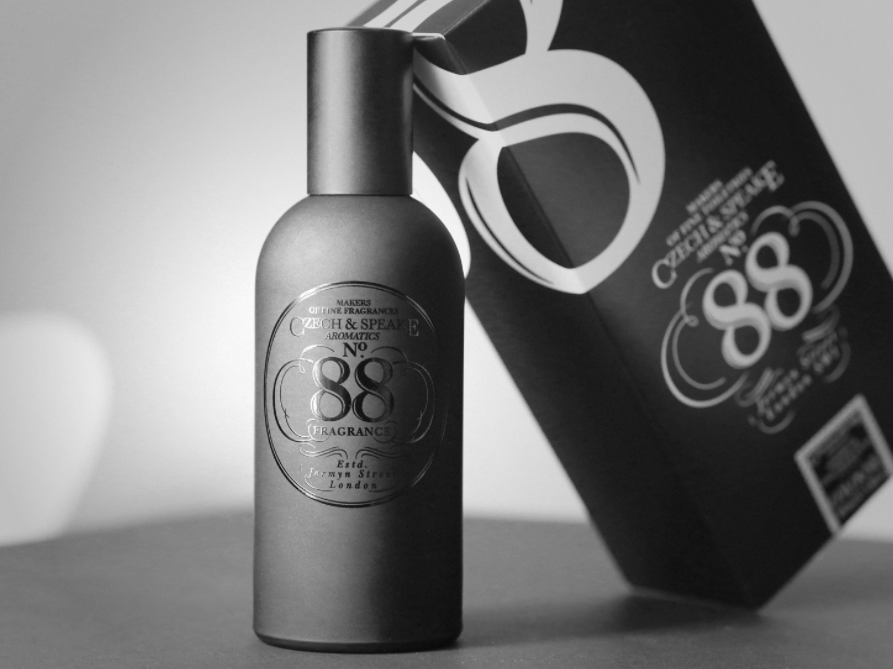
The When Wine Tastes Best app is a current obsession of mine, but perhaps it applies to more than just wine?
Challop (noun) – plural : challops
Pronounced “chah-lop’
1: Abbreviation for challenging opinion.
2: An irregularly published column on website Good Food Revolution.
Despite having tasted innumerable stellar (no pun intended) biodynamic wines, I have always been rather sceptical of the concept of the biodynamic calendar and its impacts upon the smell and taste of wine upon any given day.
In a nutshell, true believers swear that the calendar (based around the relative position of our moon to the constellations surrounding it) will seriously influence the tasting experience of the wine according to the calendar’s categorisation of the day into one of four categories: Fruit, Flower, Root, and Leaf. I’ve been aware of this way of thinking for 15 years or so, and if the truth be told, I’ve thought it to be a load of hocus-pocus nonsense. Reinforcing my line of thinking, a few years back an extremely well-known northern-Rhône biodynamic producer told me that the whole concept was a fallacy, “Eetz bullsheet, plain and simple… eetz all about barometric pressure…” he explained in his convincing, dulcet Gallic tones. And so it went, until earlier last year that is.
Around January of 2017 I was wandering about my little online echo chamber and came across a piece by Jamie Goode suggesting that it was time to drop the biodynamic calendar after some pretty serious research by Wendy V. Parr , Dominique Valentin, Phil Reedman, Claire Grose, James A. Green titled Expectation or Sensorial Reality? An Empirical Investigation of the Biodynamic Calendar for Wine Drinkers.
The abstract for this study is as follows:
“The study’s aim was to investigate a central tenet of biodynamic philosophy as applied to wine tasting, namely that wines taste different in systematic ways on days determined by the lunar cycle. Nineteen New Zealand wine professionals tasted blind 12 Pinot noir wines at times determined within the biodynamic calendar for wine drinkers as being favourable (Fruit day) and unfavourable (Root day) for wine tasting. Tasters rated each wine four times, twice on a Fruit day and twice on a Root day, using 20 experimenter-provided descriptors. Wine descriptors spanned a range of varietal-relevant aroma, taste, and mouthfeel characteristics, and were selected with the aim of elucidating both qualitative and quantitative aspects of each wine’s perceived aromatic, taste, and structural aspects including overall wine quality and liking. A post-experimental questionnaire was completed by each participant to determine their degree of knowledge about the purpose of the study, and their awareness of the existence of the biodynamic wine drinkers’ calendar. Basic wine physico-chemical parameters were determined for the wines tasted on each of a Fruit day and a Root day. Results demonstrated that the wines were judged differentially on all attributes measured although type of day as determined by the biodynamic calendar for wine drinkers did not influence systematically any of the wine characteristics evaluated. The findings highlight the importance of testing experimentally practices that are based on anecdotal evidence but that lend themselves to empirical investigation.”
I found myself nodding in agreement with both Goode and the reasonably conclusive results of the study; wine tastes the same upon fruit and root days. Whilst the biodynamic calendar may have some influence over the effectiveness of the application of vineyard treatments, harvesting, and the like (see any Farmer’s Almanac), the concept that it also affects a drinker’s perception of a wine is a load of absolute bollocks. I laughed to myself every time I saw the icon for my When Wine app, and reminded myself to delete it from my iPhone as soon as I had a little moment to spare. It had been on my phone for years. Utter, UTTER shite.
But then I began to notice a strange pattern. In the coming months I would be at tastings, looking over my notes and, originally just for the perverse pleasure of internally mocking the biodynamic calendar believer, have a little peek at the When Wine app to see what kind of day it was. And what do you know?
If I were at a tasting of New Zealand Pinot Noirs and found them all to be showing particularly well, with enhanced floral aromatics (a soft spot for me with Pinots), I’d check the app and it would be a Flower Day.
If I were at a tasting of a Languedoc producer I usually adore, but I found all of the wines to be flat, lacking their usual fruit vibrancy, and nosing somewhat musty, I’d check the app and it would be a bloody Leaf Day!
Now this was no top down cognitive effect, as I was looking at the calendar AFTER I had made all of my notes. And I was spot-on at least 80% of the time.
Just two weeks ago I was in Scotland and purchased four (not particularly inexpensive) bottles of red from Majestic to share with my sister as I hadn’t seen her for some time. Knowing her usual taste in wines I had picked up more exuberant, higher alcohol, fruit-driven examples: a decent Zinfandel, an old vine Mourvèdre etc. We were greatly enjoying the pleasures of catching up, but something was decidedly wrong. Each and every wine tasted like crap. I had kept on opening them until we found something we liked, and it just wasn’t happening… so most of the four bottles went down the drain and I resorted to beer, which wasn’t very good either.
That night, tossing and turning in bed, I found myself cursing Majestic Wine Warehouse, but then something occurred to me. Could it be something to do with the biodynamic calendar again? Surely not?
Scrambling for my phone in frustration, I checked the app in the darkness of the box room.
“FFS! A ROOT DAY!!!” I screamed silently into my PJ Masks pillow (long story).
The next day, the 23rd of December, I bought the same four wines once again, and my sister and I concurred that three of them were seriously delicious, one being good-not-great, but all showing some delicacies that had not been apparent the previous evening. We checked the app together… It was a Flower Day.
Now, this is hardly high-level scientific research that we are talking about here, and simply anecdotal evidence from my tasting notes, but I have a theory. It may be completely bonkers, but please bear with me.
Perhaps some tasters are more influenced by such forces than others? (I seem to remember some early school report cards saying that I was easily influenced)
Perhaps the vast majority of the population are unaffected by said forces?
Personally I am ultra-sensitive to almost every external influence, be it bitterness, spice, auditory, olfactory, heat/cold, Britpop, tannin, brett et al.
Maybe some super-sensitive people are more predisposed to lunar/cosmic influences?
And maybe, just maybe these savants’ taste is affected not only when it comes to wine, but with all they ingest?
Remember that beer I mentioned earlier? It tasted pretty awful too.
I usually enjoy all of the food I cook myself, but on Xmas day it all tasted incredibly mediocre… I later discovered it to be a Leaf day.
Just saying…
Remember that in the examples that I have given in the piece above I have never known what kind of day the biodynamic calendar was indicating. I’m happy to test this theory out at a dinner party BTW, please just get me a bit earlier in the evening so I don’t make too much of an rambling idiot of myself.
 Edinburgh-born/Toronto-based Sommelier, consultant, writer, judge, and educator Jamie Drummond is the Director of Programs/Editor of Good Food Revolution… And this certainly requires further research.
Edinburgh-born/Toronto-based Sommelier, consultant, writer, judge, and educator Jamie Drummond is the Director of Programs/Editor of Good Food Revolution… And this certainly requires further research.








LOL. Great piece! Found myself living your experiences (and laughing through the read) as if I was the protagonist in the situation.
Maybe your initial, and understandable, hesitancy to consider the biodynamic application to the sensory experience in wines is due to semantics – had the descriptor used by the group espousing the flavour changes been something like Lunar Cycle Wine Appreciation it might have been easier to swallow.
From my understanding in dealing with biodynamic olive oils, and having met with a consultant in the field stationed on-site one of the producers I deal with, the stage of the moon has little to do with the flavour profile or experience of the oil changing according to when tasted after it is produced. My understanding is that its practices impact fruit production factors such as the elimination of any extraneous input into the orchard even if organic (e.g. fertilizers). Every input must come from within the farm itself to be 100% controlled for purity. German Demeter biodynamic certification may be the strictest in this regard.
Very nice article Jamie! Totally up my alley – living an area with bio-dynamic producers and having read a few books in attempts to get better production out of my own garden. Cheers!
A ha! JD has a minor epiphany!
I’ve been carrying on my own observations for years, if not a decade or more now, and have used the Stella Natura and the wine guides more as an after reference, when I wanted to check something.
Better wines, less spoofulated, were prone to more subtle variance, I found. Never kept numbers, but my estimate would be about 75% relationship…enough to raise an eyebrow.
In the vinerows, I found some days being taken my an extraordinary deepness and vibrancy in the leaf green…and about 75% of the time it would be a leafday.
The moon plays an important part too…the four main rhythms can re-enforce or disrupt things.
An art more than a science. Under 5% influence, I would guess, perceived by less than 5% of people.
“…I found some says being” should read ‘days’ instead of ‘says’. gh